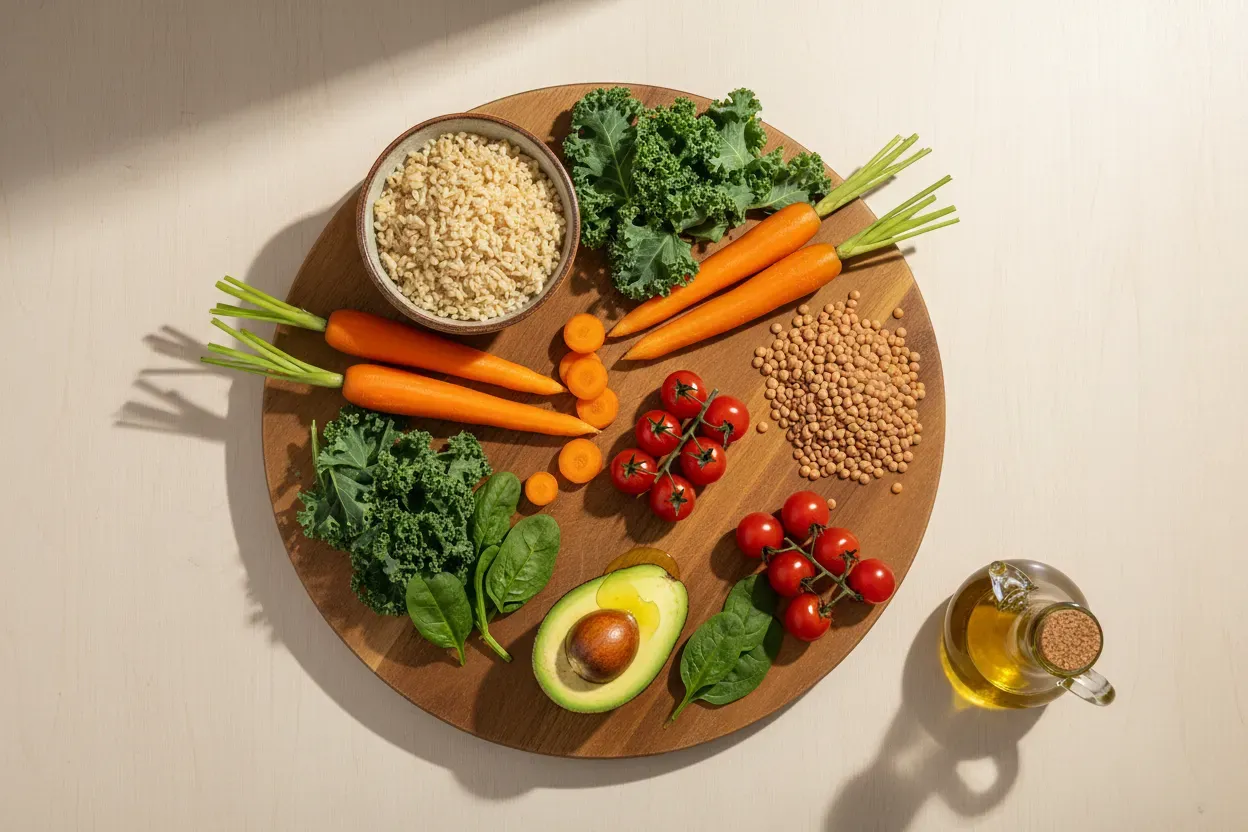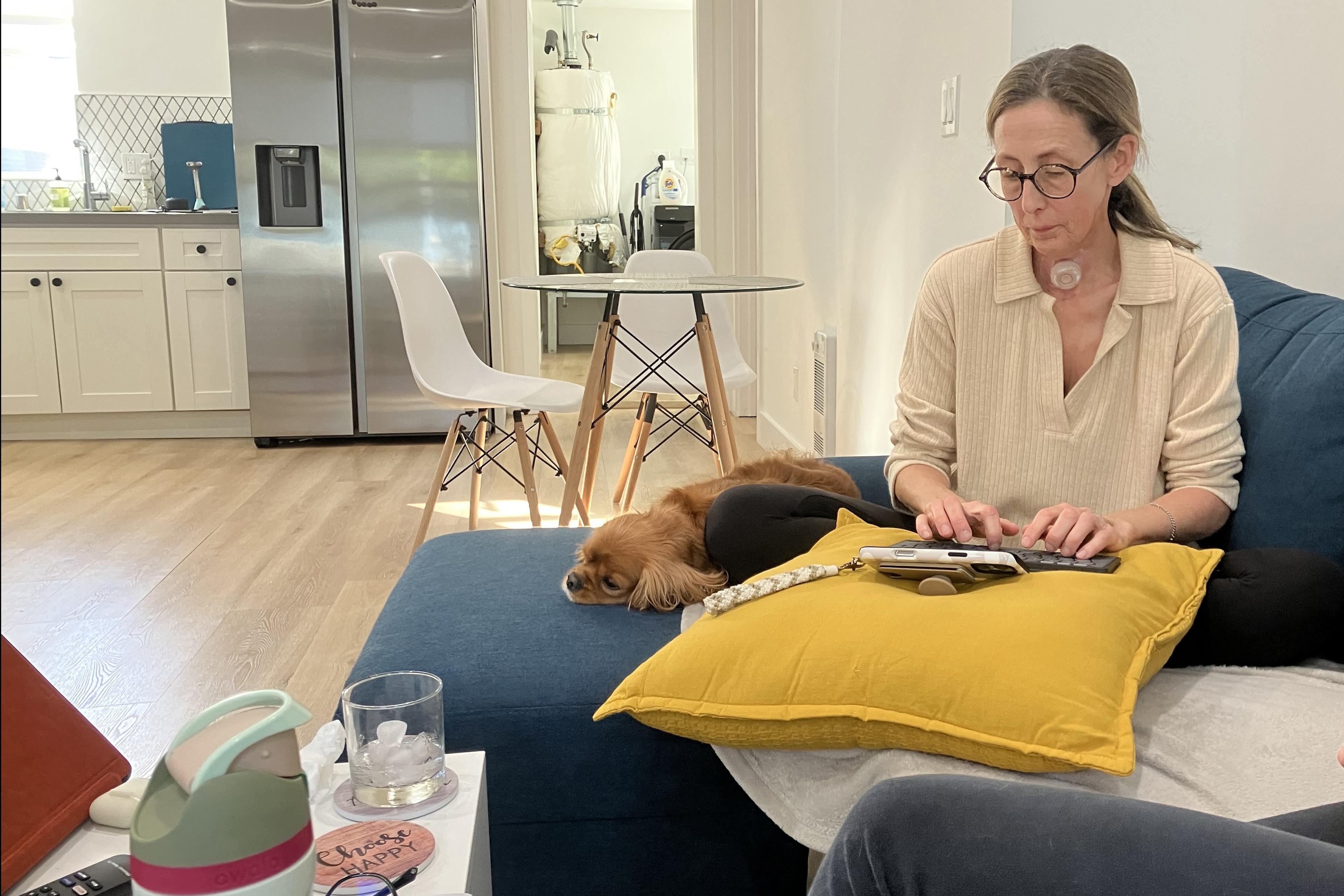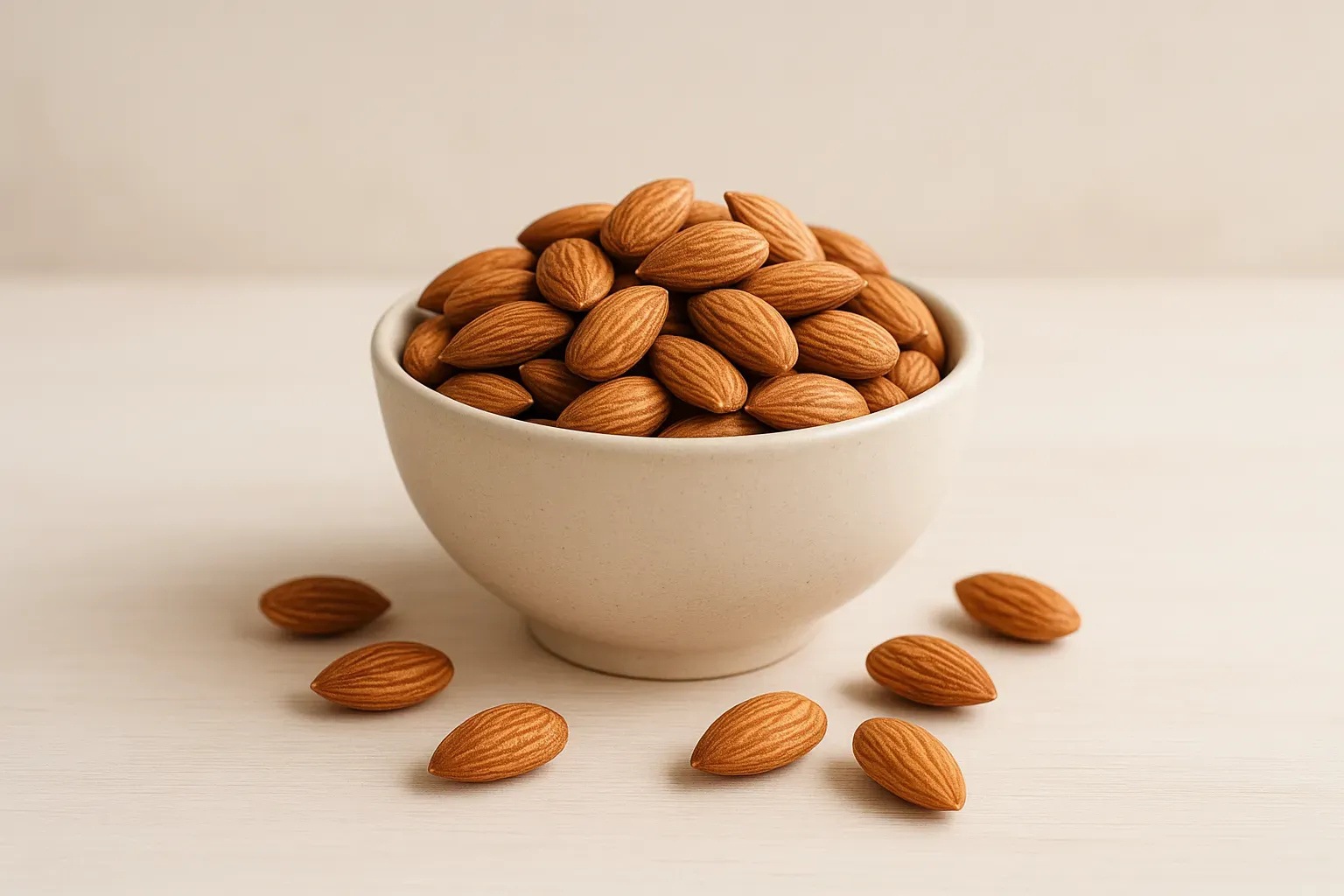Eating healthy on a budget doesn’t have to mean sacrificing nutrition or sustainability. This guide brings together practical strategies and expert insights to help anyone build better eating habits without breaking the bank. From batch cooking to prioritizing nutrient-dense foods, these approaches prove that smart planning and simple changes can transform both health and finances.
- View Food as Medicine and Future Investment
- Prioritize Nutrient-Dense Foods Over Trendy Items
- Batch Cook and Treat Food as Fuel
- Focus on Progress With Small Habit Changes
- Plan Ahead and Build Consistent Maintenance
- Source Fresh Local Produce and Quality Proteins
- Invest Time in Weekly Meal Prep
- Stick to Basic Meals and Simple Ingredients
View Food as Medicine and Future Investment
I’ve found that meal prepping on weekends is my secret weapon for sustainable healthy eating on a budget. I buy seasonal vegetables in bulk, prepare large batches of nutritious meals, and portion them out for the week. This not only saves money but eliminates the daily ‘what’s for dinner’ stress that often leads to expensive takeout. The mindset shift that really worked for me was viewing food as medicine and an investment in my future self—when I prioritize nutrition today, I’m actually saving on healthcare costs tomorrow.

Prioritize Nutrient-Dense Foods Over Trendy Items
Making healthy eating a sustainable habit, even on a budget, comes down to prioritizing nutrient-dense foods over expensive, trendy items. For example, instead of opting for pricey exotic fruits, I choose locally available fruits that are just as nutritious but more affordable. Protein sources, which tend to be the most expensive, can be optimized by switching from costly options like whey protein and high-priced fish to more affordable choices like chicken, eggs, and plant-based proteins like soy chunks and lentils.
The key to staying on track is adopting a goal-oriented mindset: no matter what, I stay committed to hitting my daily macro and micronutrient goals. This mindset keeps me motivated, even when finances are tight.

Batch Cook and Treat Food as Fuel
Cooking in batches saved me. I used to think healthy eating meant buying expensive ingredients or fancy supplements, but it’s mostly planning and consistency. On Sundays, I cook a few basics—chicken, rice, roasted vegetables—and mix them up during the week. It’s boring in theory, but it keeps me from ordering takeout at 9 p.m. when I’m tired. I also stopped chasing perfection. Some weeks it’s frozen vegetables and canned beans, and that’s still better than giving up. The mindset shift came when I treated food like fuel for energy, not a moral choice. Once I focused on how I felt instead of how “clean” my meals looked, it became easier to stick with. Healthy eating doesn’t need to be trendy; it just needs to be doable and repeatable.

Focus on Progress With Small Habit Changes
An approach that’s worked for me is focusing on progress and creating small and easy-to-incorporate habits surrounding food and diet while on a budget. For example, I started by improving one meal at a time, like adding a serving of vegetables to lunch or swapping a sugary drink for something with less sugar or just water. Over time, these small changes compounded into a healthier routine while saving a little money when skipping a drink. Also, cooking more at home and experimenting with budget-friendly recipes can make nutritious eating enjoyable. The mindset that healthy eating fuels our body and makes us feel better, think clearer, and perform stronger also makes it easier to stay consistent, even when money or motivation feels tight.

Plan Ahead and Build Consistent Maintenance
Planning ahead turned everything around. When money’s tight, it’s easy to reach for quick food that ends up costing more in the long run. I started building weekly meal plans around affordable basics—rice, beans, eggs, frozen veggies—and cooking in batches. It saves time and cuts waste. The real mindset shift was treating healthy eating like maintenance, not luxury. You wouldn’t skip an oil change to save cash, because it costs more later. Food works the same way. When I focus on fuel instead of cravings, choices get simpler. It’s not about perfection—it’s about building consistency that fits real life.

Source Fresh Local Produce and Quality Proteins
Food is our fuel. Our ability to function optimally in all aspects of life, especially during financial constraints, is directly connected to the quality of our food. Choosing to purchase foods as close to the growing source as possible provides maximum nutrient content and longest lasting, highest quality fuel. Finding a local produce stand for vitamin-rich, seasonally fresh produce gives you the most for your dollar and your body’s nutritional needs. Sourcing protein from local butchers who portion it in-house will also give you the freshest quality, and they frequently have discounted cuts. The last approach is purchasing cuts of meat and produce that can make multiple meals. These cuts are usually larger, will be less money per pound, and will give you a variety of meals to make for a family to last throughout the week. The best part, since we are all usually short on time during the week, one cut can be cooked on a Sunday and added to various variations throughout the week to minimize boredom, save time, and save dishes. Having a fridge full of ready-to-eat or ready-to-throw-together ingredients is the key to not only eating healthy but also getting the most for your dollars and your time.

Invest Time in Weekly Meal Prep
If you’re trying to eat healthy on a budget, the real limiting factor is often time. Buying raw ingredients and basic staples from the grocery store is the most affordable way to eat. You’ll get better nutrition and more calories for your money than from prepared food, delivery, etc. The issue is that you have to cook all of it. Finding the time for things like weekly meal prep can be a great way to actually take advantage of affordable foods. You can save even more money and time by doing this with others. Pooling your money to buy a bunch of ingredients that will make lunches for everyone for weeks is cost-effective and makes for a surprisingly fun evening.

Stick to Basic Meals and Simple Ingredients
I try to stick to the basic meals. Keeping things simple makes things so much cheaper. Eggs, chicken, broccoli, milk, etc. Anything else is fancy and has diminishing returns for health. Set up a meal plan weekly, then write down the core ingredients. Think of a fabulous dish using just those ingredients. An example is Black Bean & Egg Scramble. Common and cheap but very rich in protein and fiber. I’m always managing my online blog, so having quick but nutrient-rich meals is great for my work-life balance and wallet.











